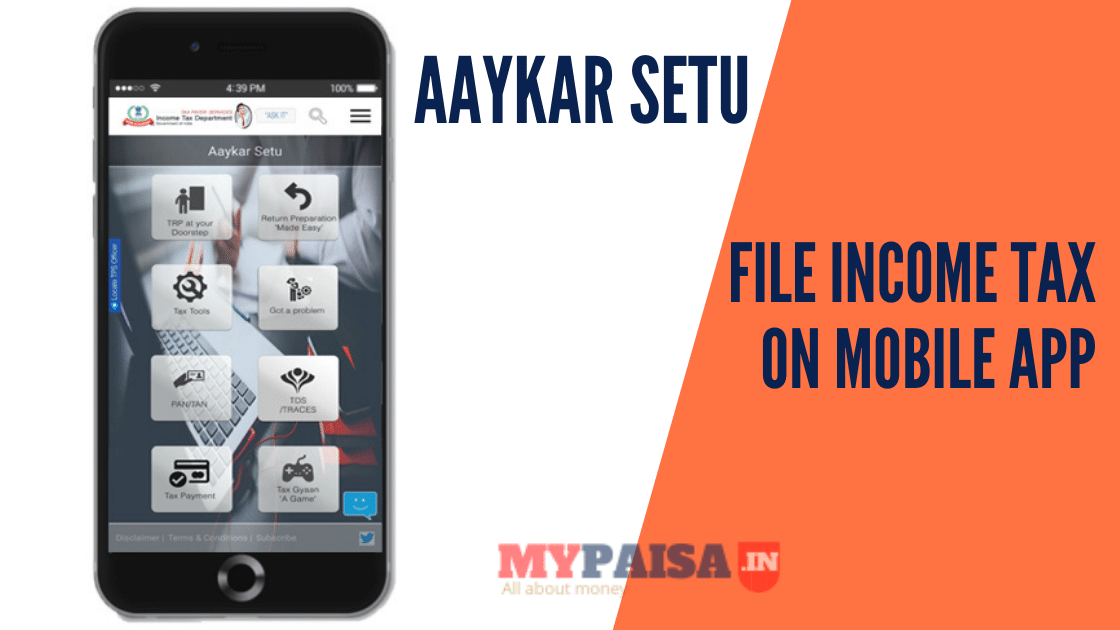When it comes to tax planning, life insurance is one of the most important tools at your disposal. Here are some of the most important income tax benefits available under various plans of life insurance. Here are important Income tax benefits available under various plans of life insurance:
Deduction allowable from Income for payment of Life Insurance Premium (Sec. 80C)
- (a) Life Insurance premium paid in order to effect or to keep in force an insurance on the life of the assessee or on the life of the spouse or any child of the assessee & in the case of HUF, the premium paid on the life of any member thereof, the deduction allowed up to 20% of capital sum assured during any financial year.
- (b) Contribution to deferred annuity Plans in order to effect or to keep in force a contract for a deferred annuity, on his own life or the life of his spouse or any child of such individual, provided such contract does not contain a provision to exercise an option by the insured to receive a cash payment in lieu of the payment of an annuity is eligible for education.
- (c) Contribution to Pension/Annuity Plans – New Jeevan Dhara-I & Jeevan Akshaya – VI
Jeevan Nidhi Plan & New Jeevan Suraksha – I Plan (U/s. 80CCC)
A deduction to an individual for any amount paid or deposited by him from his taxable income in the above annuity plans for receiving a pension (from the fund set up by LIC under the Pension Scheme) is allowed.
NOTE: The premium can be paid up to Rs.1,00,000/– to avail deduction u/s.80C, 80CCC & 80CCD (80CCD- Deduction in respect of contribution to pension scheme of Central Government.).
However, there is no sectoral cap i.e. the limit of Rs.1,00,000/- can be exhausted by paying a premium under any of the said sections.
Investment under long-term infrastructure bonds notified by the Central Government. (Sec. 80CCF)
A deduction up to Rs.20,000/- is available to individuals and HUF for the amount paid or deposited as the subscription to long-term infrastructure bonds notified by the Central Government. This is in addition to Rs.1 lakh deduction available under section 80C.
Deduction under section 80D
- a) Deduction allowable up to Rs.15,000/- if an amount is paid to keep in force an insurance on the health of the assessee or his family (i.e. Spouse & children)
- b) Additional deduction up to Rs. 15,000/- if an amount is paid to keep in force an insurance on the health of parents
- c) In case of HUF, deduction allowable upto Rs.15,000/- if an amount is paid to force an insurance on the health of any member of that HUF
Note: If the sum specified in (a) or (b) or(c) is paid to effect or keep in force an insurance on the health of any person specified therein who is a senior citizen, then the deduction available will be upto Rs.2,000/- provided that such insurance is in accordance with the scheme framed by
- a) the General Insurance Corporation of India as approved by the Central Government on this behalf or;
- b) Any other insurance approved by the Insurance Regulatory and Development Authority.
Jeevan Aadhar Plan (Sec.80DD) :
Deduction from total income up to Rs.50000/- allowable on the amount deposited with LIC of India under Jeevan Aadhar Plan for maintenance of a handicapped dependent (Rs.1,00,000/-where handicapped dependent is suffering from severe disability)
Exemption in respect of commutation of pension under Jeevan Suraksha & Jeevan Nidhi Plans:
Under Section 10(10A) (iii) of the Income-tax Act, any payment received by way of commutations of pension out of the Jeevan Suraksha & Jeevan Nidhi Annuity plans is exempt from tax under clause (23AAB).
Income tax exemption on Maturity/Death Claims proceeds under Section 10(10D)
Under the Previous of section 10 (10D) of the Income-tax Act, 1961, Maturity/Death claims proceeds of life insurance policy, including the sum allocated by way of bonus on such policy (other than the amount to be refunded under Jeevan Aadhar Insurance Plan in case of handicapped dependent predeceases the individual or amount received under Keyman Insurance Plan), is exempted from income-tax. However, any sum (not including the premium paid by the assessee) received under an insurance policy issued on or after the 1st day of April 2003 in respect of which the premium payable for any of the years during the term of the policy exceeds 20% of the actual capital sum assured will no longer be exempted under this section.





